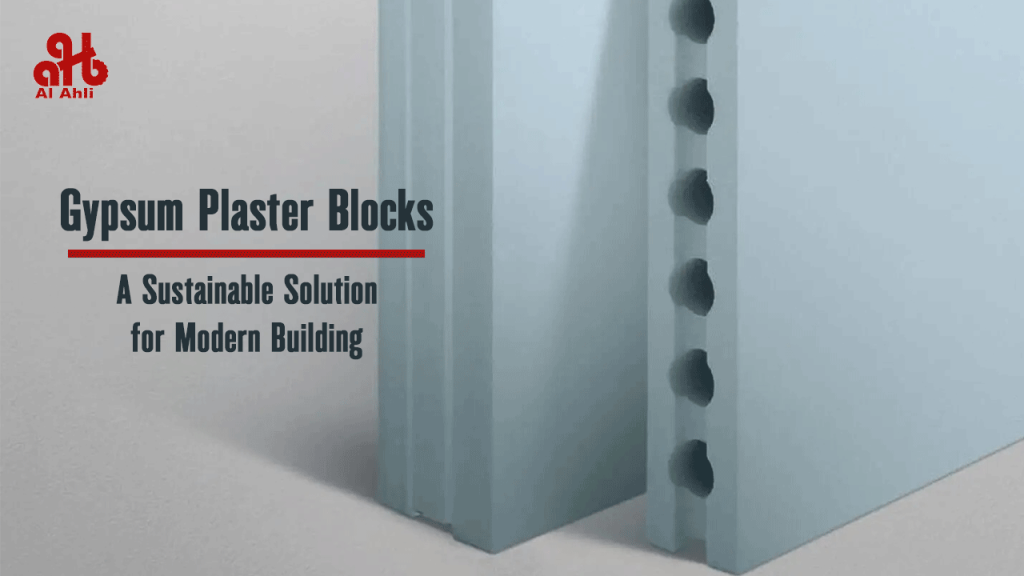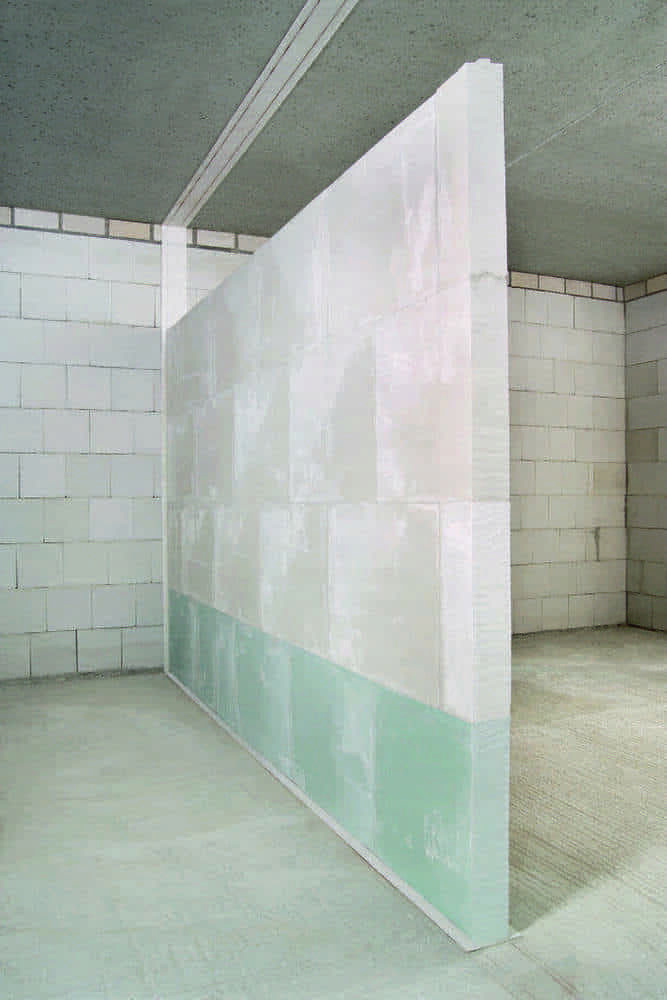Insulation gypsum plaster blocks
Gypsum plaster blocks are innovative building materials that have gained popularity in modern construction due to their insulation properties and versatility. They are primarily used for creating lightweight, fire-resistant, non-load bearing walls and partitions. Below is an overview of their characteristics, benefits, and applications.

Composition and Manufacturing
Gypsum blocks are made from gypsum plaster, water, and sometimes additives like vegetable or wood fibers to enhance strength. The manufacturing process involves grinding raw gypsum, drying it, and then heating it to produce calcium sulfate hemihydrate (gypsum plaster). This mixture is poured into molds to form blocks, which are then dried and packaged for use.
Insulation Properties
One of the key advantages of gypsum plaster blocks is their thermal insulation capability. They help maintain comfortable indoor temperatures by resisting heat transfer. For instance, a 10 cm thick gypsum block can provide effective thermal insulation comparable to traditional materials. Additionally, these blocks contribute to energy efficiency in buildings, making them a sustainable choice for modern construction.
Fire Resistance
Gypsum is inherently fire-resistant due to its chemical composition, which includes water molecules that vaporize under heat, slowing down fire spread. Gypsum blocks can achieve significant fire resistance ratings, with thicker blocks offering up to three hours of protection. This makes them suitable for safety-critical applications in residential and commercial buildings. It slows the spread of flames, giving residents valuable time to leave in the event of a fire.
Sound Insulation
Gypsum blocks also excel in sound insulation. They can significantly reduce sound transmission between rooms, which is beneficial in multi-family dwellings and commercial spaces. The use of insulation strips during installation further enhances their acoustic performance.
Installation and Cost
The lightweight nature and pre-finished surfaces of gypsum blocks allow for faster construction times and reduced labor costs compared to traditional methods.
Gypsum plaster is low cost and adaptable, making it frequently employed in home and commercial construction.
Sustainability
Gypsum is a natural material that can be recycled, contributing to environmentally friendly building practices.
Gypsum plaster is recyclable and has a lower embodied energy than other materials, making it an environmentally responsible choice for builders who want to reduce their carbon footprint.
Gypsum Plaster blocks applications

Gypsum plaster blocks are used in various applications, including:
Partition Walls: They are ideal for creating internal walls that do not require additional structural support.
Cavity Walls: Their lightweight nature allows for easy handling and installation, making them suitable for cavity wall constructions.
Decorative Elements: Gypsum plaster can be molded into decorative shapes, enhancing the aesthetic appeal of interiors.
Fire-Resistant Barriers: Gypsum blocks are inherently fire-resistant, making them ideal for creating fire barriers that protect structural elements. They can withstand high temperatures and slow the spread of fire, thereby enhancing the safety of buildings.
Acoustic Insulation: Due to their mass and design, gypsum plaster blocks are effective in sound insulation applications. They can significantly reduce sound transmission between rooms, making them suitable for residential and commercial spaces where noise control is important.
Restoration and Preservation: In heritage conservation, gypsum plaster blocks are used to replicate historical architectural elements and repair damaged structures. Their compatibility with traditional building techniques makes them a valuable material for restoration project.
Prefabricated Elements: Gypsum blocks can be used to create prefabricated wall panels, which are manufactured off-site and then assembled on-site. This method can reduce construction time and improve quality control.
Gypsum Plaster blocks advantages
The advantages of using gypsum plaster blocks include:
Quick Installation: The lightweight nature and pre-finished surfaces allow for faster construction times. Gypsum plaster blocks set quickly, typically within 25-30 minutes. This rapid setting allows for faster project completion, enabling subsequent tasks like painting to begin within three to four days after application.
Smooth Finish: Gypsum plaster blocks provide a smooth, aesthetically pleasing finish with well-defined edges and corners. This eliminates the need for additional finishing work, resulting in a more visually appealing interior.
Ease of Application: Gypsum plaster blocks can be directly applied over various substrates, including brick and wood, without the need for separate finishing. This flexibility makes them easier to work with than traditional plastering materials
Cost-Effectiveness: Reduced labor and material costs due to easy handling and minimal finishing requirements.
Sustainability: Gypsum is a natural material that can be recycled, contributing to environmentally friendly building practices.
In summary, gypsum plaster blocks are a modern solution in construction that combines insulation, fire resistance, and soundproofing, making them an attractive option for builders and architects looking to enhance energy efficiency and safety in their projects.

